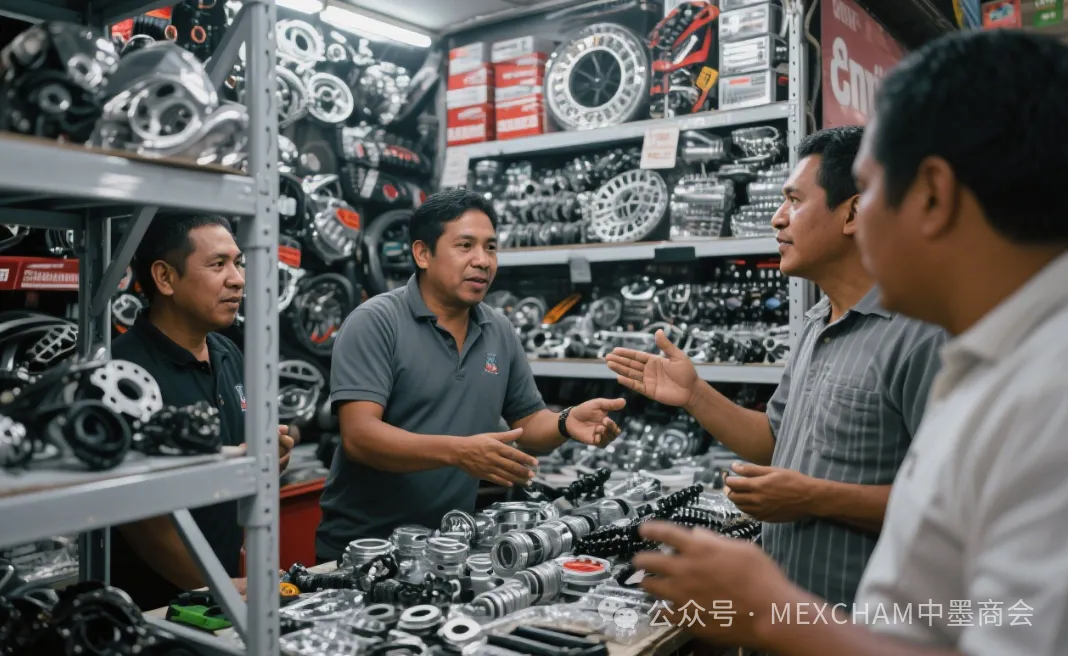
Mexico became the second-largest export market for Chinese motorcycles in 2024, importing US$1.307 billion worth of vehicles, a 45.7% increase from the US$897 million reported in 2023, according to data from China’s General Administration of Customs. This figure positions Mexico behind only the United States, which imported US$1.752 billion in Chinese motorcycles. This growth marks a significant expansion from 2014, when Mexican imports of Chinese motorcycles totaled US$323 million. Analysts attribute the rise to competitive pricing, a broad selection of models, and expanding demand driven by utility in urban and rural delivery services. Locally, brands like Italika, owned by Grupo Elektra, assemble motorcycles using Chinese components, further reinforcing market penetration.
Motorcycle use in Mexico has increased significantly over the past decade, with more than 7 million units registered nationwide in 2023, a 315% rise compared to 10 years earlier. In contrast, the number of registered automobiles grew by only 53% in the same period. By the end of 2024, 716,400 motorcycles were registered in circulation in the capital, marking an 18% year-over-year increase. In parallel, Mexico imported US$718 million in motorcycle parts in 2024. China accounted for 78% of this total, followed by smaller shares from the United States and India, according to trade data compiled by Data México.

The motorcycle assembly industry in Mexico has relatively low entry barriers compared to other automotive segments, providing potential business opportunities for suppliers and assemblers. However, the sector also faces external risks linked to global trade tensions, particularly those stemming from US–China relations. In 2024, China exported US$14.5 billion in motorcycles, ranking as its 52nd most exported product out of 1,211. Mexico was the fastest-growing export market, increasing by US$410 million from the previous year, followed by the US and Venezuela.
Mexican industry leaders have shown concerns about deindustrialization because of rising imports of low-cost vehicles, particularly from China. In early 2025, Mexico became the world’s top importer of Chinese-made vehicles, raising alarms among automotive stakeholders. To counteract this trend, a 70% tariff on Chinese vehicle imports has been proposed to protect domestic production, according to Reforma. Jorge Guajardo, former Mexican ambassador to China, warned that foreign automakers are exploiting the Automotive Decree to bring in Chinese-built cars without contributing to Mexico’s supply chain. These imports often bypass local parts manufacturers and enter the market at subsidized, below-market prices, creating competitive distortions that threaten national industry viability.


MEXCHAM continues building bridges between Mexico and China.
中国墨西哥商会将继续作为墨西哥与中国之间的桥梁,不断努力

Cámara de Comercio de México en China
(MEXCHAM)中国墨西哥商会
www.mexcham.org
bj.info@mexcham.org
